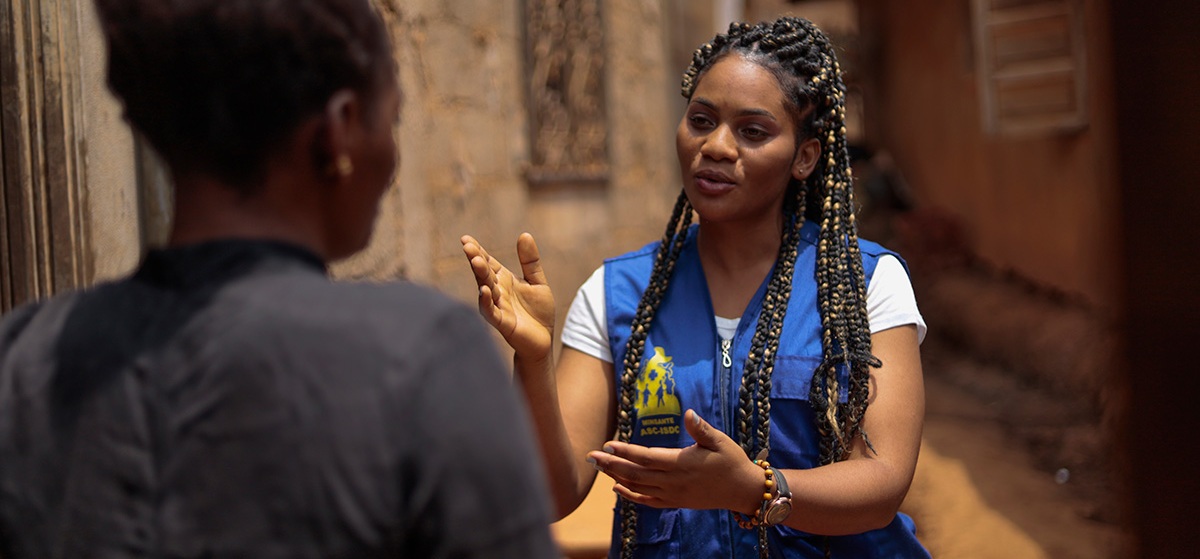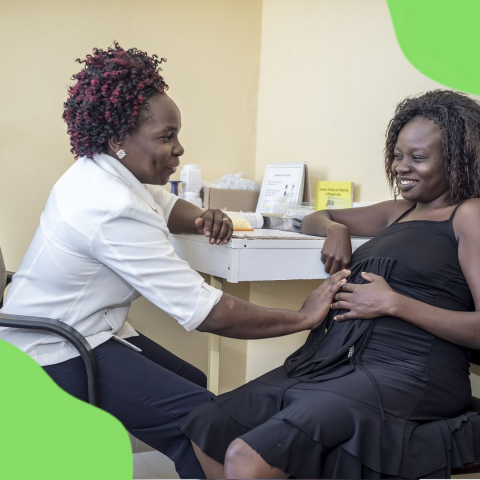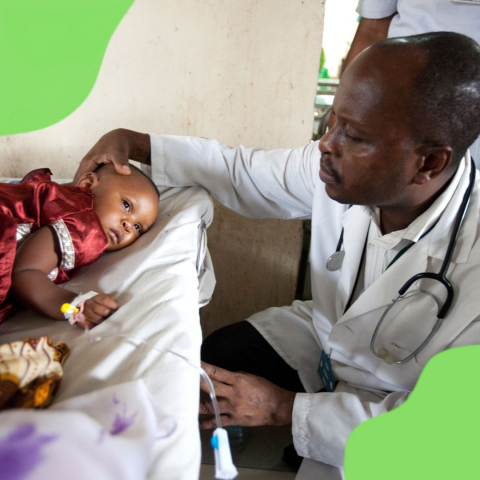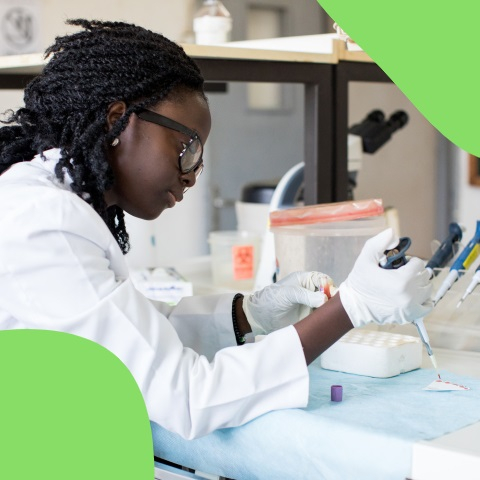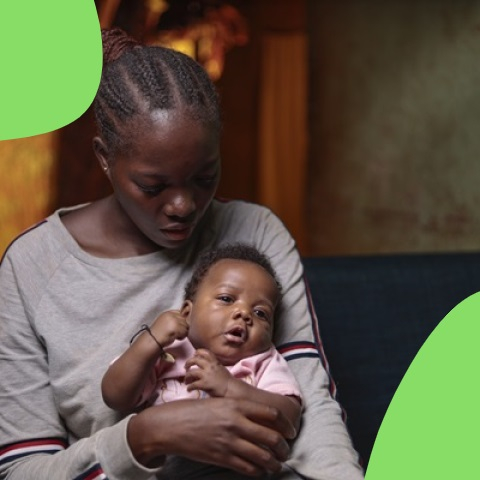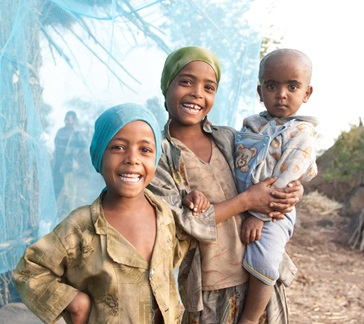With over 500 partners, including malaria-endemic countries, bilateral and multilateral development agencies, private sector organizations, and community-based groups, RBM believes that only through collective action can malaria be defeated for good.
Our mission
To convene and coordinate an inclusive, multisectoral response to control, eliminate and ultimately eradicate Malaria.
Our vision
A world where no one suffers or dies from malaria, and its burden is lifted for good.
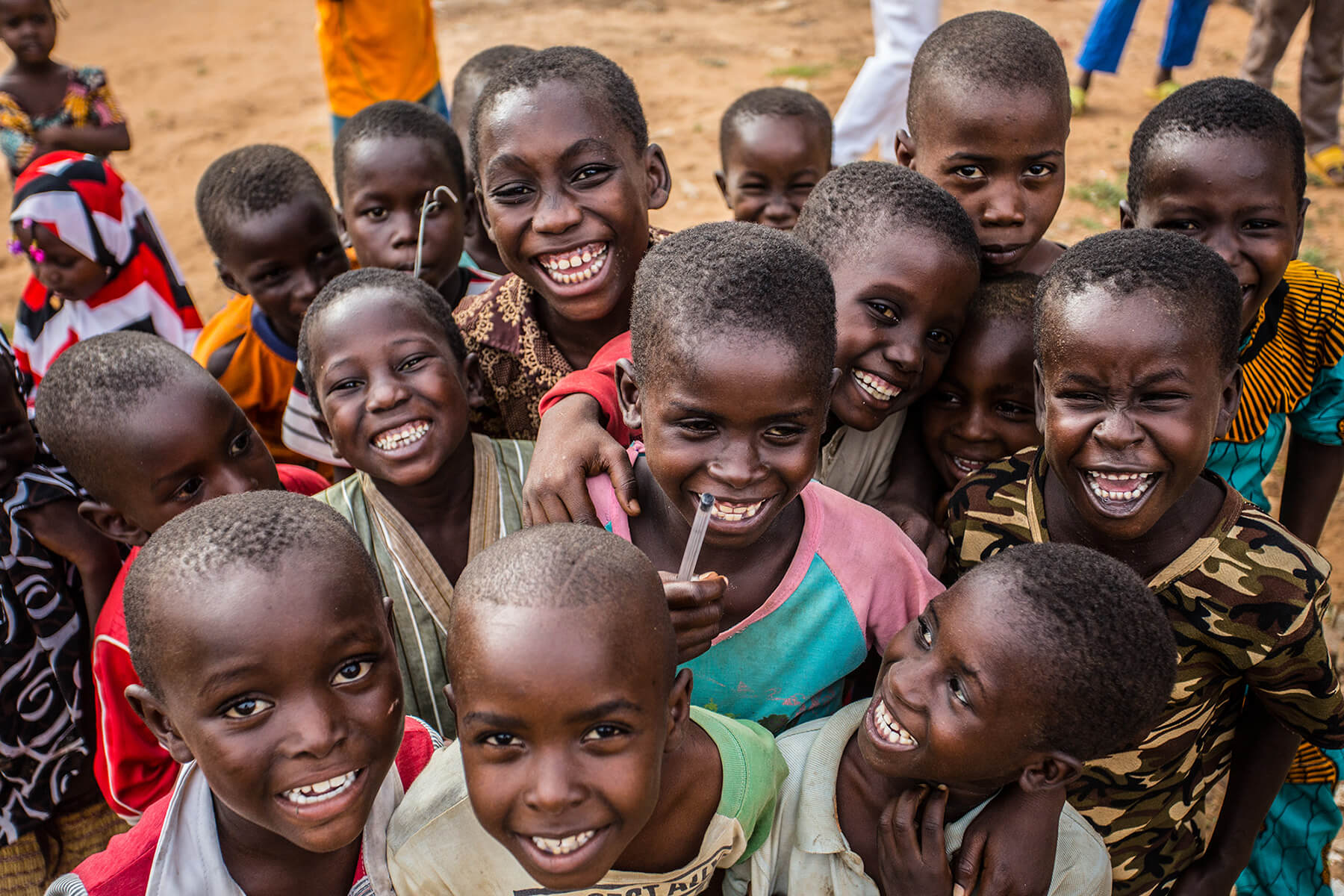
The partnership’s
priorities
The Big push against Malaria
This is a coordinated response to reignite progress toward malaria eradication. Designed to address country-driven priorities, this initiative focuses on readying the global health ecosystem for eradication while reducing the malaria burden along the way.
Global progress on malaria has stalled, with SDG targets slipping out of reach. The Big Push seizes this critical moment to transform how we fight malaria maximizing the impact of limited resources, introducing new tools, and shifting the narrative to mobilize additional funding. This multistakeholder effort identifies actionable priorities for the next five years, operationalizing strategies like the Yaoundé Declaration and the Lusaka Agenda, with a robust accountability framework to ensure results.
Collaboration and Coordination
Collaboration, coordination, and innovation are the driving forces behind the global fight to eliminate malaria. Achieving this goal requires a unified effort, where partners, including GAVI, the Global Fund, WHO, and other partners, come together, aligning their strategies and resources. Strategic donor engagement plays a critical role, both at the operational and strategic levels, in ensuring that resources are effectively channelled and interventions are optimised. The RBM Partner Committee brings together key players to strengthen coordination, share knowledge, and accelerate progress toward a malaria-free world.
Thought Leadership
Thought leadership is vital to keep malaria elimination high on global health and development agendas, ensuring sustained political will and funding. Thought leadership fosters collaboration, uniting governments, donors, and stakeholders under a shared vision while providing evidence-based guidance for effective strategies. By amplifying success stories and leveraging data, the RBM Partnership inspires action, encouraging countries to prioritise malaria elimination efforts. In a rapidly evolving landscape, thought leadership enables the Partnership to anticipate challenges, advocate for equity, and accelerate progress toward the goal of a malaria-free world by 2030.
Multisectoral Approach and Intersectionality
We recognise that eradicating malaria requires broad engagement beyond healthcare. Our Youth Workstream empowers young leaders to advocate for malaria eradication, equipping them with tools, mentorship, and platforms to amplify their voices. This initiative aims to encourage young people globally to drive change and ensures youth perspectives are integral to our mission.
Additionally, through established private sector partnerships, such as our recent Memorandum of Understanding with the University of Pretoria and the Business Alliance Against Malaria, we are expanding innovation and investment in malaria solutions and fostering sustained advocacy across sectors.
Donor Engagement and Strategic Partnerships
Sustaining momentum in the fight against malaria requires continuous and strategic engagement with donors at both the operational and strategic levels. The RBM Partnership works closely with global and regional donors to ensure their ongoing support and alignment with malaria eradication goals. Our collaboration with major funding bodies like the Global Fund and GAVI allows us to maximise the impact of financial resources and target interventions with the greatest potential.
Regional Economic Communities (RECs) in Africa, along with strengthened interactions with the Pan-African Health Organisation, further bolsters regional collaboration, enhancing efforts to eliminate malaria across the continent.
For the RBM Partnership, fighting malaria is about more than saving lives. It is about securing the economic stability and prosperity of communities and nations, uplifting societies, and ensuring well-being for all.
Strategic Plan 2021-2025
The five-year plan sets three core Strategic Objectives for the RBM Partnership, supported by tangible Strategic Actions and practical approaches (Strategic Enablers) for the RBM Partnership to follow in order to reach these goals. It takes us another step closer to our vision of a world free from the burden of malaria.
